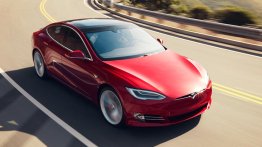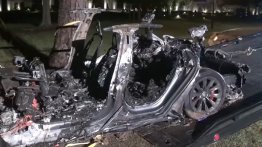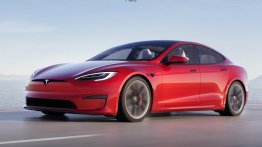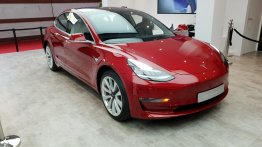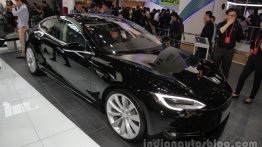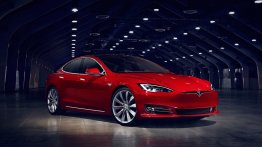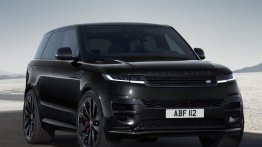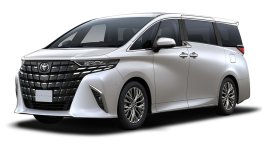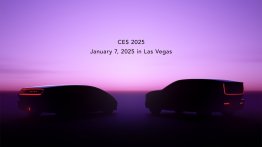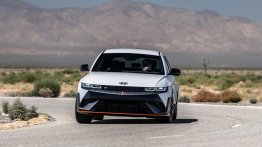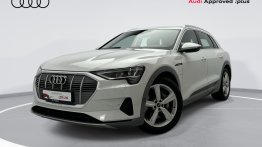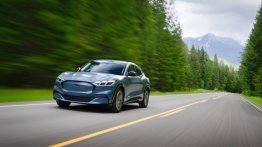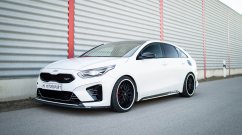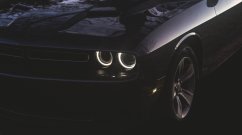Earlier last week, Mercedes-Benz finally pulled the wraps off their long-anticipated flagship electric vehicle - EQS. The German carmaker has revealed every detail about the EQS, including it's technical specifications, and on paper, it surely looks impressive. Until now, the flagship electric sedan space was clearly dominated by the Tesla Model S. That said, is the Mercedes-Benz EQS finally the match the Tesla Model S has been waiting for? Well, that's exactly what we are going to look at here as we compare their specs to see where the new EQS stands against the Model S on paper.
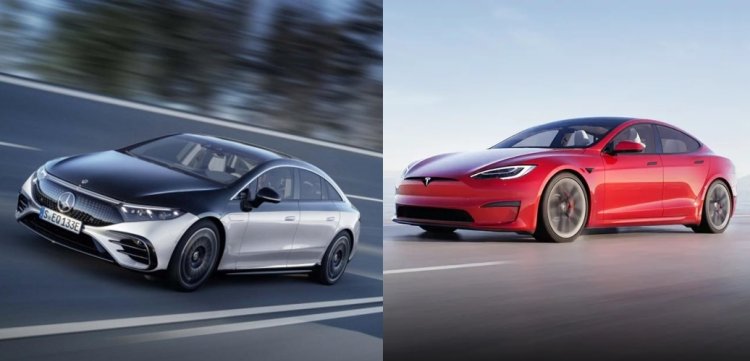
Mercedes-Benz EQS vs Tesla Model S - Dimensions
| Dimensions | Mercedes-Benz EQS | Tesla Model S |
|---|---|---|
| Length | 5216 mm | 4980 mm |
| Width | 1926 mm | 1964 mm |
| Height | 1512 mm | 1440 mm |
| Wheelbase | 3210 mm | 2960 mm |
While design is certainly a matter of personal taste, it must be said that both sedans have a completely unique approach to styling. Although understated, the EQS shouts out it's luxury quotient with those signature Mercedes lines and Maybach-inspired dual-tone paint scheme. On the other hand, Tesla Model S is more futuristic looking, boasting a sportier stance. It also sits more squat and lower than the EQS.
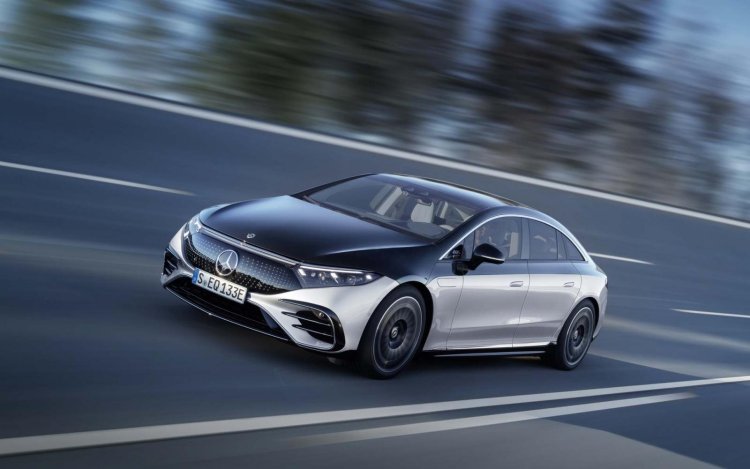
That said, size is definitely an element of luxury and the Mercedes EQS clearly has the upper hand here. Measuring over 5 meters in length, it is 236mm longer than the Model S. That gives the EQS a longer wheelbase by 250mm and that should translate to plenty of space inside the cabin. As said before, the EQS sits higher than the Model S. However, the Model S is 38mm wider than the EQS, and that really helps it's squat stance.
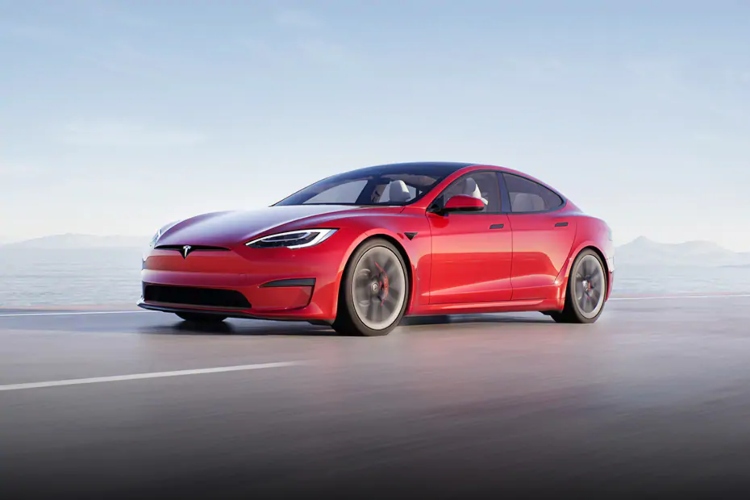
Also Read : Tesla's 'Full-Self Driving' Beta Is Concerning and Dangerous In Real World - Video
Mercedes-Benz EQS vs Tesla Model S - Powertrain
| Specifications | Mercedes-Benz EQS | Tesla Model S |
|---|---|---|
| Electric Motor | Permanently excited synchronous motor (PSM) | 3-phase AC induction motor |
| Max Power | 328 bhp / 516 bhp | 660 bhp / 1006 bhp |
| Max Torque | 568 Nm / 855 Nm | NA |
| Transmission | Automatic | Automatic |
The Mercedes EQS and the Tesla Model S feature completely different powertrains. The EQS is available in two trims - EQS 450+ and EQS 580 4MATIC - both of which are powered by a Permanently excited synchronous motor (PSM). The former features a single electric motor on the rear axle, making it rear-wheel drive only. The latter is more powerful with two electric motors on both front and rear axles, making it an all-wheel drive sedan. The EQS 580 4MATIC can sprint from 0-100 kph in just 4.1 seconds.
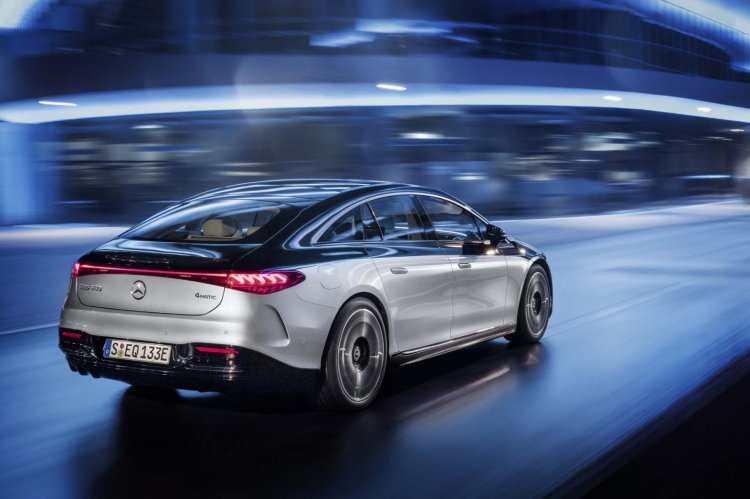
Meanwhile, the Tesla Models S is available in three variants - Long Range, Plaid and Plaid+ - with all three featuring an all-wheel drive system. The base Long Range variant comes with dual motors, one attached to each axle, and is already more powerful than the top-spec variant of the EQS. The Plaid and Plaid+ variants come with three electric motors and produce a whopping 1,006hp. That puts the Model S miles ahead of the EQS in terms of performance.
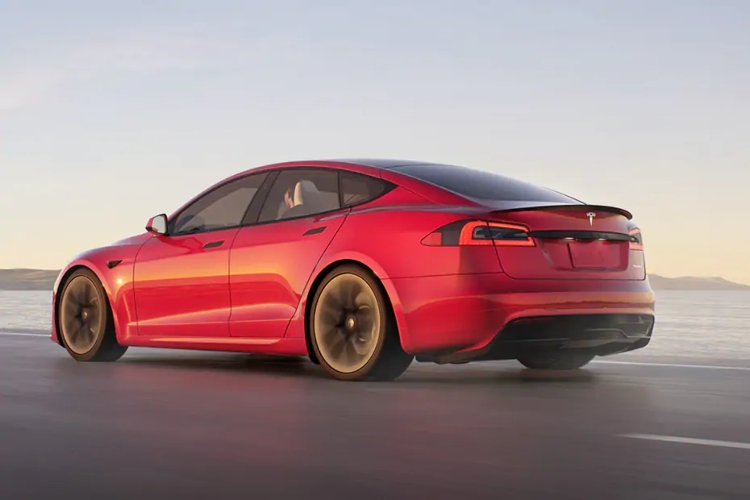
Also Read : Tesla Sales Take a Hit From Rising Popularity of Ford Mustang Mach-E
Mercedes-Benz EQS vs Tesla Model S - Battery and Charging
| Specification | Mercedes-Benz EQS | Tesla Model S |
|---|---|---|
| Battery | 107.8 kWh Lithium-Ion | 100 kWh Lithium-Ion |
| Max Range | 770 km | 837 km |
| Onboard Charger Capacity | 11 kW | 11.5 kW |
| DC Fast Charger Capacity | 200 kW | 250 kW |
The Mercedes-Benz EQS derives it's power from a 107.8 kWh Lithium-Ion battery. It can deliver a driving range of 770km on full charge as per the WLTP cycle. That said, Mercedes has not yet provided detailed variant-wise range options for the model. The EQS comes with a standard onboard charger of 11 kW with an optional 22 kW charger. However, it does support DC fast charging of 200 kW, and using that 15 minutes of charge time will give you a range of up to 300 km.
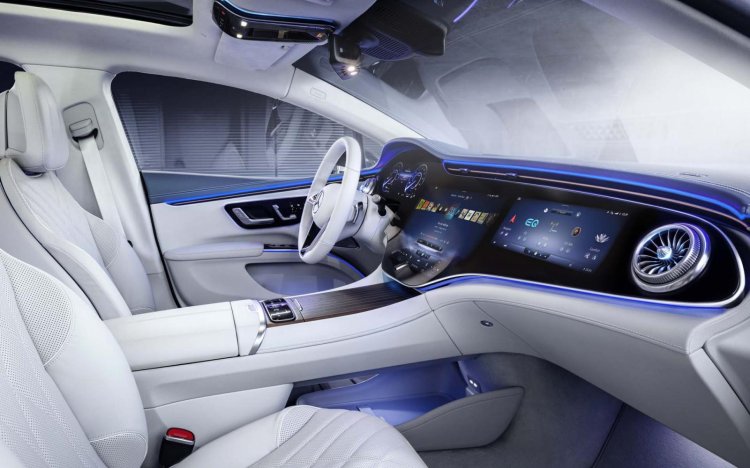
Meanwhile, the Tesla Model S comes with a slightly smaller 100 kWh Lithium-Ion battery pack. The Long Range variant comes with a maximum range of up to 663 km, while the more powerful Plaid trim offers a range of 628 km. The EQS has more range than both the Long Range and Plaid variants of the Model S. However, the Plaid+ has a maximum range of up to 837 km on a single charge, which is 67 km more than the claimed range of the EQS. As for fast charging capacity, the Model S supports up to 250 kW. Here again, the Models S has an over all advantage over EQS on paper.
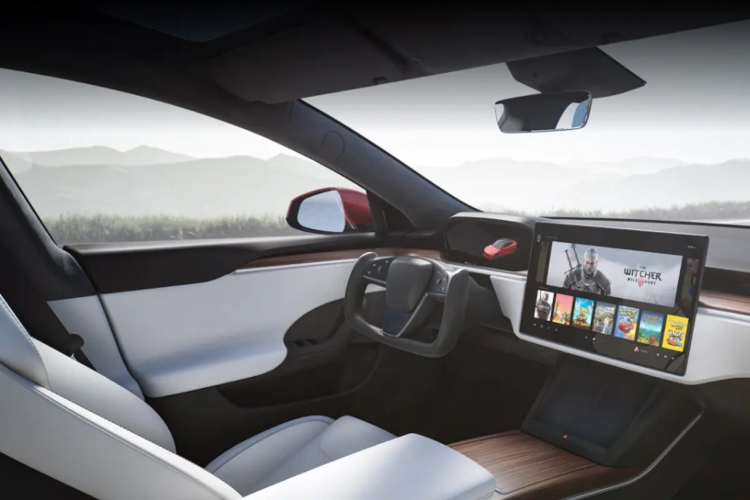
While the Tesla Model S clearly has the upper hand in terms of performance and driving range, the Mercedes EQS will appeal to buyers for it's sheer luxury quotient. It's also no less tech-laden than the Model S, barring a few features you'd rather not have in a car. Essentially, both cars will appeal to different set of buyers.
Stay tuned to IndianAutosBlog.com for more such comparisons and other four-wheeler news















